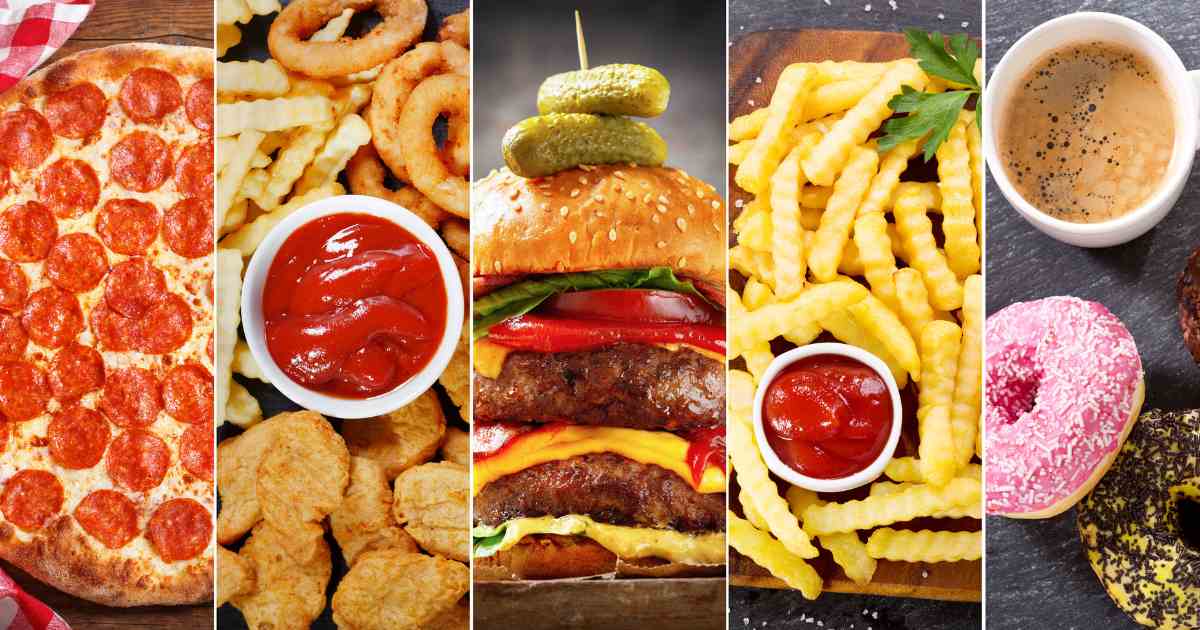

Narrative Briefing Based on Workshops on July 28 & 29, 2022
What is the digitalization of food systems?
Digitalization is the application of digital tools, strategies and business models to food and agriculture, especially the ‘agrifood’ value chain. This includes a wide variety of technologies including data-driven automation (like drones or agrobots), synthetic biology, financial technology, big data and molecular communication.
Context
“The world’s most valuable resource is no longer oil, but data.” — The Economist Giant corporations like Bayer, Microsoft and Amazon Web Services are racing to collect, and profit from, data from all nodes of the food system.
The high cost of internet access across the African continent and uneven levels of internet connectivity at the country level means that digital agriculture is not widespread in Africa, but some pilot projects have taken place, such as the Africa DVI project by the FAO. As internet access costs decrease and connectivity increases, the use of digital agriculture in Africa is expected to grow as well.
This is advanced in large part by foreign donors including the European Commission, World Bank, USAID and private foundations like the Bill and Melinda Gates Foundation.
Dominant Narratives
The governments, institutions and philanthropists advancing digital agriculture put forward a narrative about digital agriculture technologies. These stories rely on the narratives about the green revolution and expand on it by claiming that Digital agriculture will:
1. Provide a sense of predictability in the face of climate change
2. Create decent jobs and livelihoods for farmers
3. Increase the amount of food produced, reducing food insecurity
4. Help governments make better decisions
5. Increase prosperity for farmers by providing access to loans and insurance
6. Help farmers find better prices & new markets
7. Reduce the use of pesticides & fertilizers
At its core, digital agriculture relies on the idea that new technology represents progress and that “high-tech” societies are more “advanced” and therefore superior to “low-tech” societies.
Key Themes of the Discussion
Digital Ag could increase the vulnerability of food systems
There are risks associated with depending on technologies that can fail due to computer viruses, supply chain problems or network failures (e.g. the Safaricom mobile crash in Kenya). Rapid pace of technological change
Technology changes extremely quickly, raising concerns about how long technologies like drones or agricultural prediction technologies would be effective. Having to continually keep up with new technologies would create more costs and a steeper learning curve for farmers.
Food Sovereignty vs. Tech Dependency
Farmers need to be able to set the agenda and control the tools they need to use to make a living. If this doesn’t happen, it could result in digital dependency. If digital agriculture tools are imported, controlled by transnational corporations based in the US and EU, this reduces the independence of African agriculture. These digital agriculture tools are not developed in a bubble, they are shaped by money and power.
Data
Who should own and profit from the data uploaded onto digital agriculture platforms? Where does this leave the farmers who have held and shared knowledge about how to farm and grow crops since time immemorial? Through digital agriculture Agricultural Technologies stand to increase their power, while profiting from the work and knowledge of smallholder farmers in Africa.
Characters/Cliches
These are the characters and cliches that come up in narratives that are often advanced by people and institutions that are pro-digital agriculture.
Middle Men
In the industrial food chain, middle men such as grocery retailers, food processors andcommodity traders take home the bulk of the profits made from food, leaving farmers with little.
Digital agriculture technologies are a new form of middle man, people who may add some value to the final product, but take home a disproportionate share of the profits from the hard work of small-scale farmers. AgTech companies could squeeze farmers with more costs for inputs like pesticides, fertilizers, buying data and producing profits for their shareholders at the expense of farmers.
Digital Farmers
These people might be part of a new generation of farmers who are excited about farming but also really interested in new technologies. Opposition narratives tend to give these characters.
Follow News Ghana on Google News





















Discussion about this post